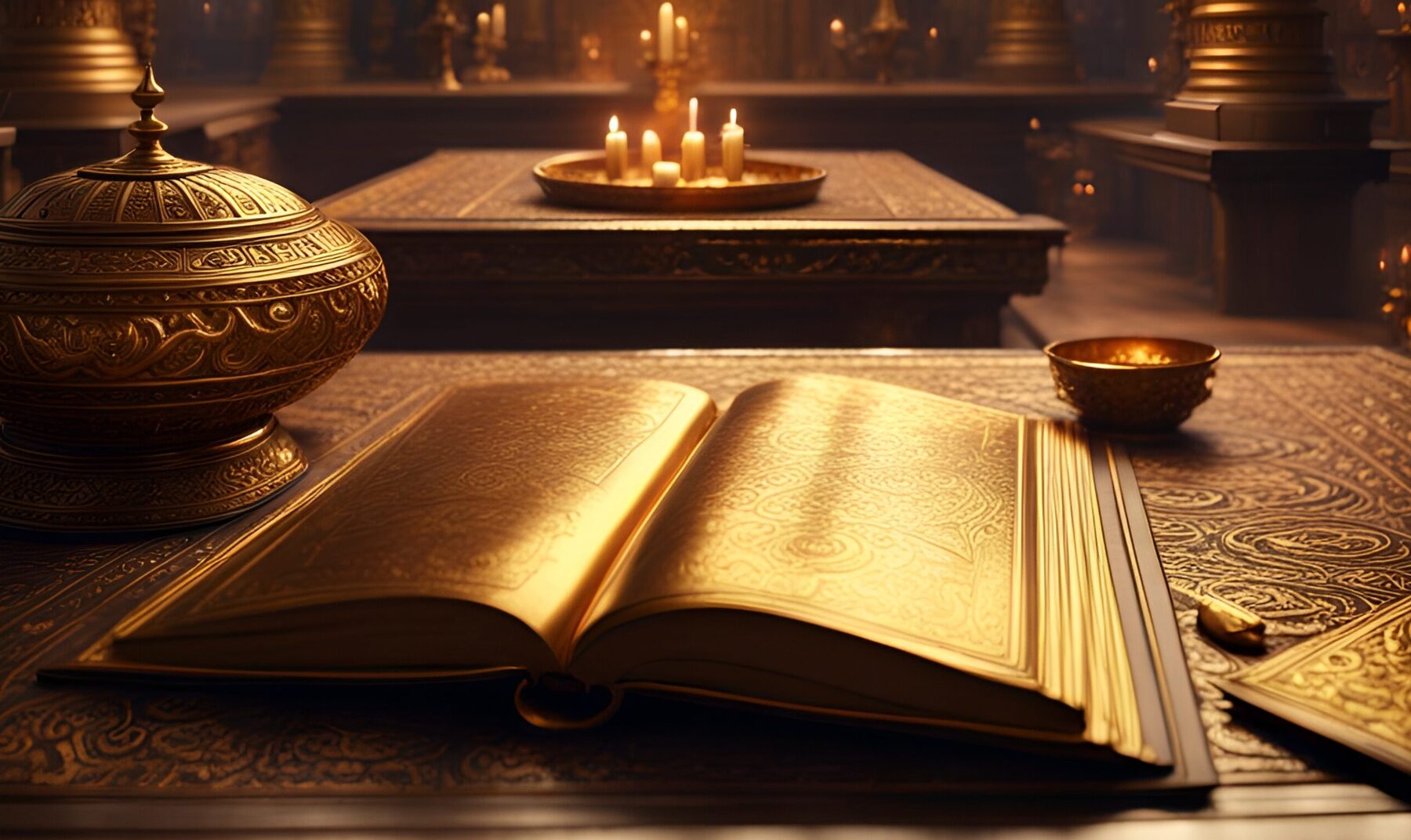
The Book of Psalms is a collection of religious songs, prayers, and poems found in the Bible. It's known for its profound spiritual insights and emotional depth. Did you know that Psalms is the longest book in the Bible? It contains 150 chapters, each offering unique wisdom and comfort. King David is traditionally credited with writing many of these psalms, though other authors contributed as well. The themes range from praise and worship to lament and supplication. Psalms has been a source of inspiration for countless generations, influencing literature, music, and art. Whether you're seeking solace, guidance, or simply curious, the Book of Psalms offers something for everyone.
The Book of Psalms: An Overview
The Book of Psalms is one of the most cherished books in the Bible. It contains a collection of religious songs, prayers, and poems. Let's dive into some fascinating facts about this ancient text.
-
The Book of Psalms is the longest book in the Bible, with 150 chapters.
-
It is part of the Old Testament and is often referred to as the "Psalter."
-
The word "psalm" comes from the Greek word "psalmos," meaning "song sung to a harp."
-
King David is traditionally credited with writing many of the psalms, although other authors contributed as well.
Structure and Composition
Understanding the structure of the Book of Psalms can provide deeper insights into its significance and usage.
-
The Book of Psalms is divided into five sections, mirroring the five books of the Torah.
-
Each section ends with a doxology, a short hymn of praises to God.
-
Psalm 119 is the longest chapter in the Bible, with 176 verses.
-
Psalm 117 is the shortest chapter in the Bible, with just two verses.
Themes and Messages
The themes in the Book of Psalms are diverse, covering a wide range of human emotions and experiences.
-
Many psalms are prayers for help in times of trouble.
-
Others are hymns of praise and thanksgiving to God.
-
Some psalms express deep sorrow and lamentation.
-
Wisdom psalms offer guidance and instruction for living a righteous life.
Historical and Cultural Context
The historical and cultural context of the Book of Psalms adds layers of meaning to its verses.
-
The psalms were used in ancient Jewish worship and are still used in Jewish and Christian liturgies today.
-
The Dead Sea Scrolls contain many psalms, some of which are not found in the canonical Bible.
-
The Psalms have been translated into numerous languages over the centuries.
-
They have inspired countless works of art, music, and literature.
Notable Psalms
Certain psalms stand out due to their unique content or historical significance.
-
Psalm 23, "The Lord is my shepherd," is one of the most famous and frequently quoted psalms.
-
Psalm 51 is a penitential psalm, traditionally associated with David's repentance after his sin with Bathsheba.
-
Psalm 137 reflects the sorrow of the Israelites during their Babylonian exile.
-
Psalm 91 is often recited for protection and comfort.
Influence and Legacy
The influence of the Book of Psalms extends far beyond religious contexts.
-
The Psalms have influenced Western literature, from Shakespeare to modern poetry.
-
Many hymns and contemporary worship songs are based on psalms.
-
The Psalms are often quoted in political speeches and public addresses.
-
They have been a source of comfort and inspiration for countless individuals throughout history.
Fun and Lesser-Known Facts
Here are some fun and lesser-known facts about the Book of Psalms that might surprise you.
-
The Psalms are sometimes referred to as the "Bible within the Bible" because they encapsulate so many themes of the entire scripture.
-
Some psalms are acrostic, meaning each verse or section begins with a successive letter of the Hebrew alphabet.
-
The Psalms are quoted more than any other Old Testament book in the New Testament.
-
Psalm 22 is often seen as a prophetic psalm, foreshadowing the crucifixion of Jesus.
-
The Psalms have been set to music by composers like Bach, Handel, and Leonard Bernstein.
-
The Book of Psalms is used in various religious traditions, including Judaism, Christianity, and Islam.
Final Thoughts on the Book of Psalms
The Book of Psalms offers a rich tapestry of history, poetry, and spiritual insight. From its 150 chapters, readers gain a glimpse into the emotions and experiences of ancient Israelites. Whether you're drawn to its poetic beauty, historical context, or spiritual depth, Psalms has something for everyone. Its verses have inspired countless generations and continue to be a source of comfort and guidance. The Psalms remind us of the power of faith, the importance of gratitude, and the strength found in community. If you haven't yet explored this ancient text, now's a great time to dive in. You'll find wisdom, comfort, and perhaps a new perspective on life's challenges. So, grab a copy, and let the Psalms speak to your heart.
Was this page helpful?
Our commitment to delivering trustworthy and engaging content is at the heart of what we do. Each fact on our site is contributed by real users like you, bringing a wealth of diverse insights and information. To ensure the highest standards of accuracy and reliability, our dedicated editors meticulously review each submission. This process guarantees that the facts we share are not only fascinating but also credible. Trust in our commitment to quality and authenticity as you explore and learn with us.


